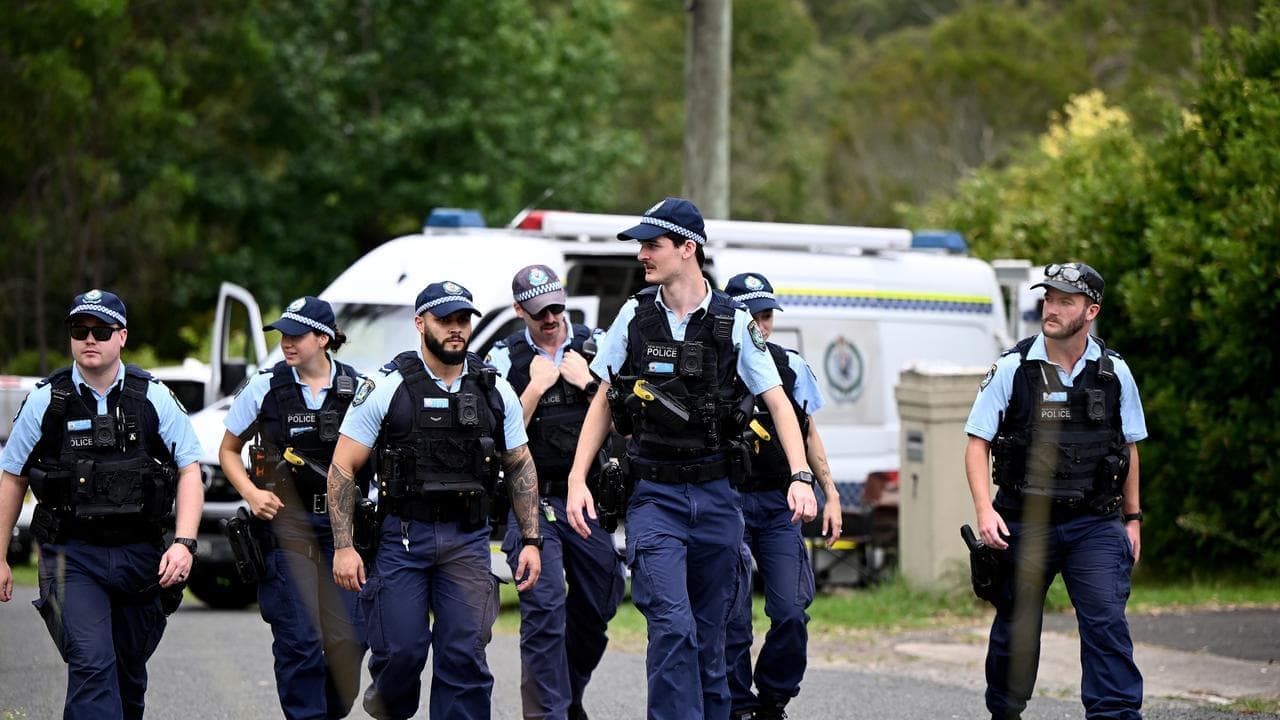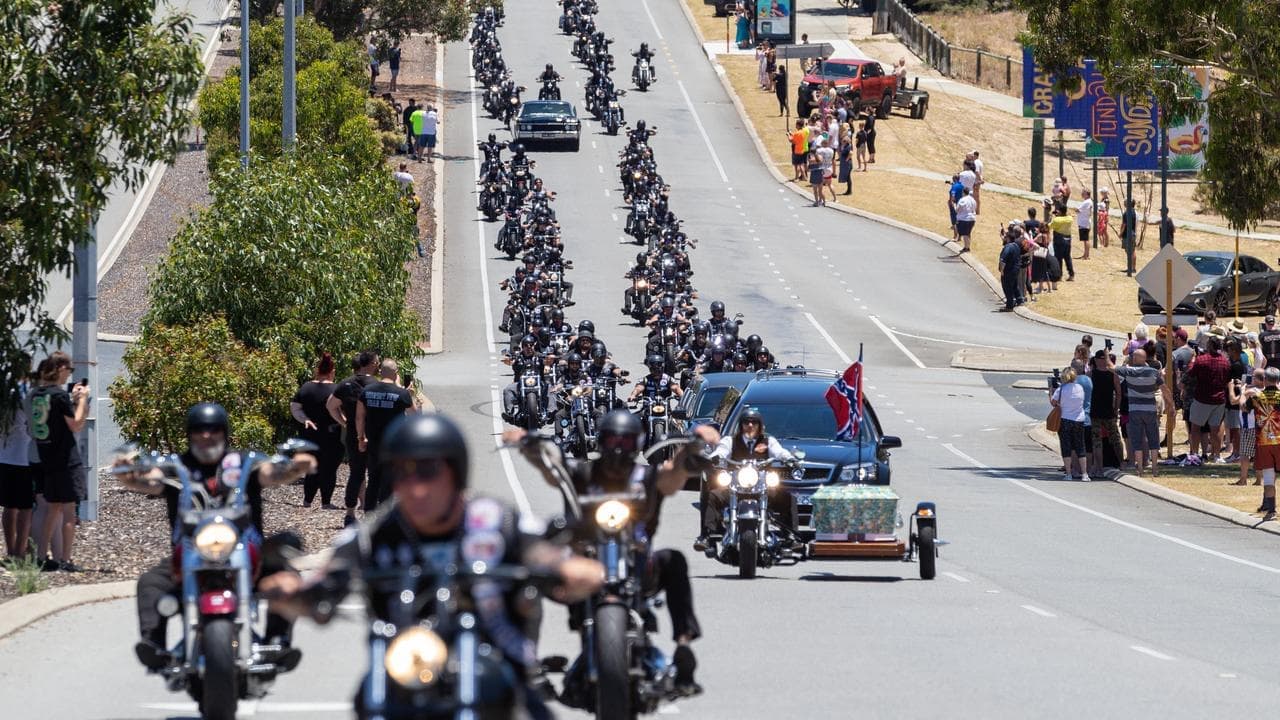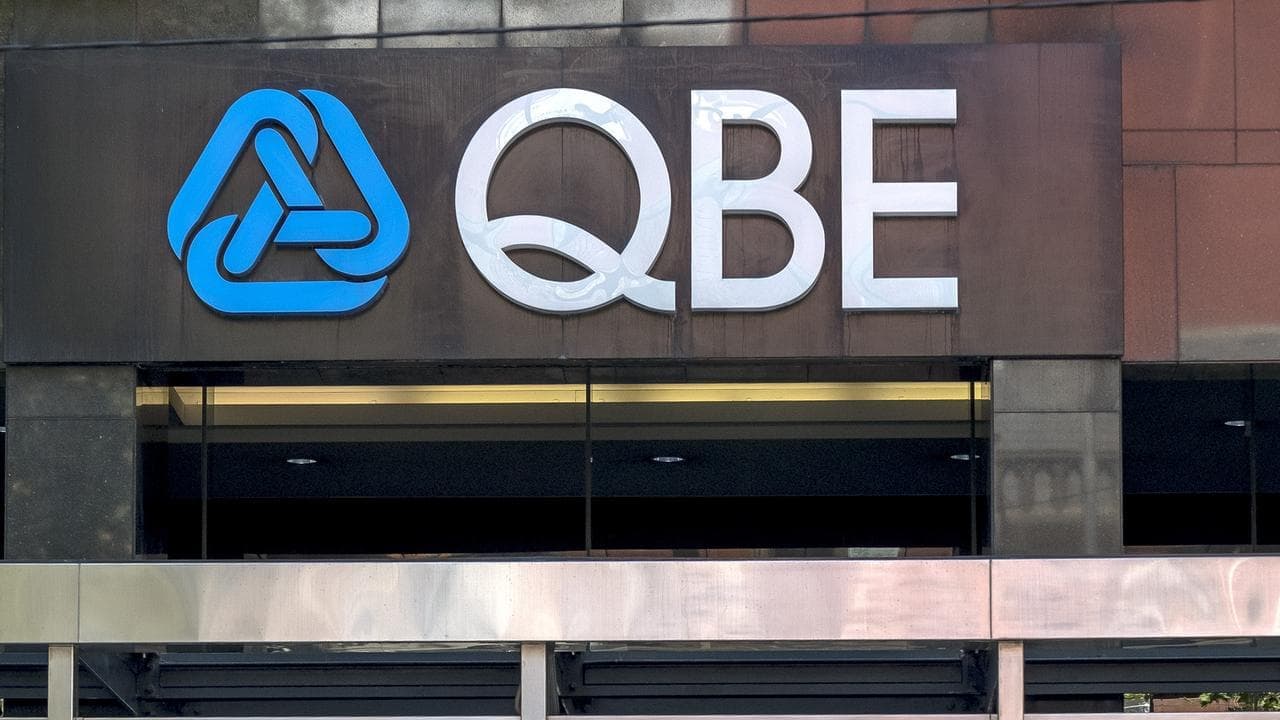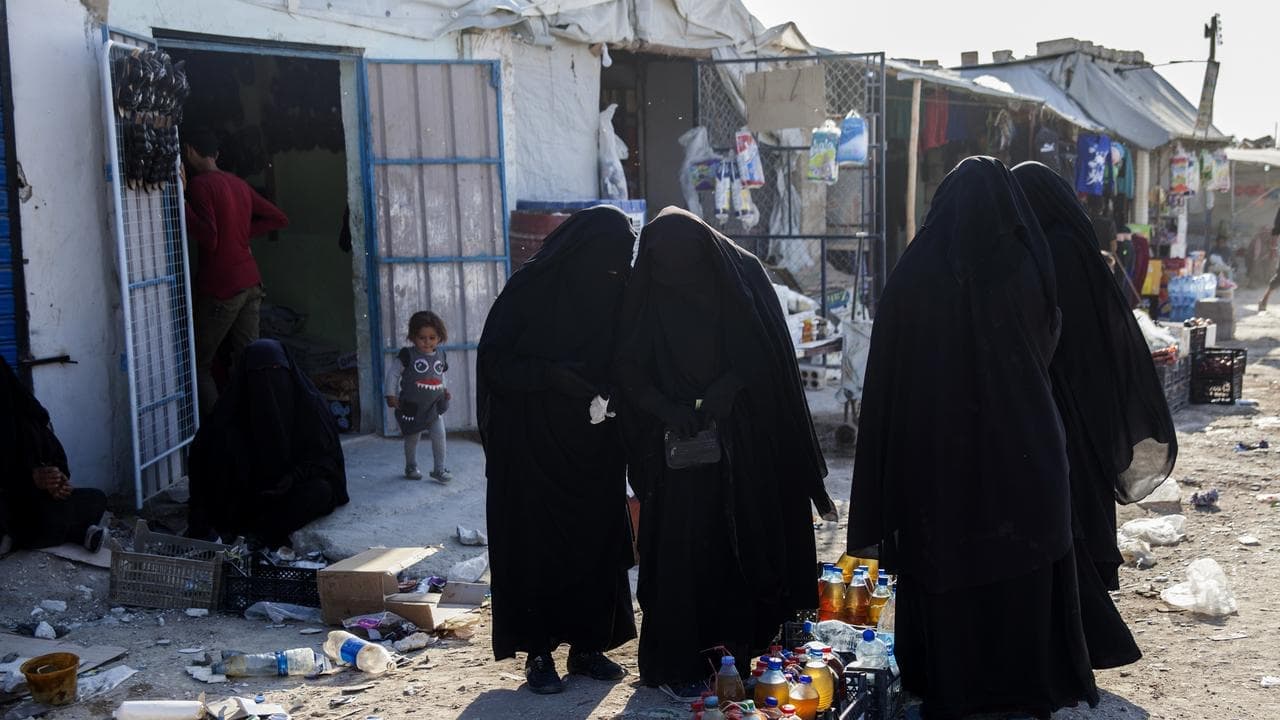WHAT WAS CLAIMED
In Victoria it is illegal to pray over someone who is having a conflict with their gender identity or to take them interstate for pastoral care.
OUR VERDICT
False. Prayer and interstate pastoral care are not outlawed unless they are part of an effort to change or suppress gender identity and cause injury.
It has been claimed that Victoria's anti-conversion laws make it illegal to pray over someone who is having a conflict with their gender identity or to take them outside the state for pastoral care.
This claim is false. Legal experts told AAP FactCheck that praying over an individual questioning their gender or taking them interstate for pastoral care is legal. It only becomes illegal if the activity is intended to change or suppress their gender identity and causes injury.
The claim was made by Millie Fontana, a Liberal Democrat candidate for the NSW election, during a protest rally outside Network Ten's Sydney studios on March 11, after The Project aired a controversial joke about Jesus.
The video (screenshot here) was posted on the Turning Point Australia Facebook page the following day.
"There is an anti-conversion legislation in place in Victoria, which means you cannot pray over somebody who is having a conflict with their gender identity. You cannot take them outside of the state to receive any pastoral care whatsoever," Ms Fontana tells the rally (video mark 4min).

University of New England law lecturer Aileen Kennedy, an expert on law relating to intersex and transgender children, told AAP FactCheck that prayer itself is not a contravention of the Change or Suppression (Conversion) Practices Prohibition Act 2021.
Dr Kennedy said it only becomes a contravention when the prayer-based practice is for the purpose of changing or suppressing that person's gender identity; or inducing them to change or suppress their gender identity (section 9).
"This is because prayer-based religious practice is defined as a suppression practice if it is done for that purpose (section 5(3)(b))," she said in an email.
Dr Kennedy added it only then becomes a criminal offence if it "causes injury (section 10) or serious injury to the person (section 11)".
She said that even then, the following would have to be proven: "1. A intentionally engages in a change or suppression practice directed at B. 2. That practice cause injury or serious injury to B. 3. A was negligent about whether the practice would cause injury to B."
Simon Rice, a law professor at the University of Sydney, also told AAP FactCheck the claim in the video "is not correct".
Prof Rice said in an email that the statutory design and language is "difficult" but said "it is clear that the Act does not do as some have claimed and ban private prayers, or prayers in institutions such as a church and school".
He added: "The then Victorian Attorney-General said in parliament 'the definition would not capture conduct where, for example, a person confides in a religious leader that they feel their gender identity does not align with the sex they were assigned at birth, and the religious leader only invites this person to attend a weekly prayer group for the purpose of better understanding their feelings and to support the person's exploration of their feelings'."

Both Dr Kennedy and Prof Rice also said it is false to claim that it is illegal to take someone outside of the state to "receive any pastoral care whatsoever".
"The Act does not ban pastoral care," Prof Rice said. "What it bans is practices directed at a person on the basis of their sexual orientation or gender identity for the purpose of changing or suppressing their sexual orientation or gender identity.
"Such practices would not be 'pastoral care', and the parliamentary debates are explicit in saying that the Act is not intended to address pastoral care."
Dr Kennedy agreed, adding that it would also need to be proved that injury was caused and the person who took them outside of Victoria was negligent about whether the practice would cause injury.

Ms Fontana raised the Victorian legislation at the rally as she warned of similar legislation proposed for NSW. The bill is being drafted by independent MP Alex Greenwich. A representative for Mr Greenwich told AAP FactCheck it will follow the same framework as Victoria.
The representative said: "The definition of a change or suppression practice requires the practice to be a 'practice, sustained effort or treatment' that is 'directed towards an individual' and criminal offences for change or suppression practices are only triggered when a conversion practice results in injury."
AAP FactCheck has debunked previous claims from Turning Point Australia, as seen here, here and here.
The Verdict
The claim that in Victoria it is illegal to pray over someone who is having a conflict with their gender identity or to take them interstate for pastoral care is false.
Legal experts confirmed to AAP FactCheck that both are legal. They only become illegal when they are part of an effort to change or suppress gender identity and they cause injury.
Even then it would need to be proven that the person responsible was negligent that the practice would cause injury to the person.
False – The claim is inaccurate.
AAP FactCheck is an accredited member of the International Fact-Checking Network. To keep up with our latest fact checks, follow us on Facebook, Twitter and Instagram.












